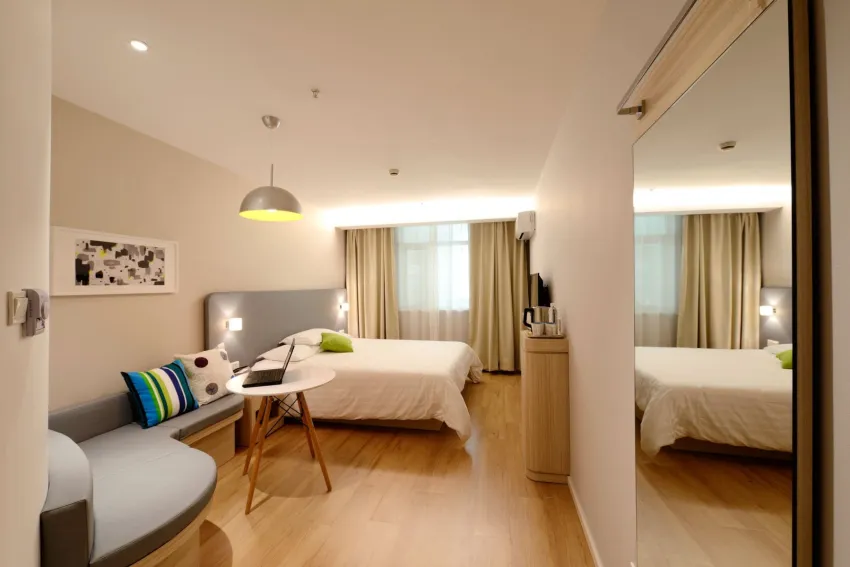
Hotels without operators becoming a trend in Japan
Savills expects the trend to continue if a large developer begins doing the same.
The past two years have significantly crippled the hospitality industry with revenues from accommodation as well as corporate events and banqueting plummeting.
According to Savills, 2020 saw a rapid increase in the number of bankruptcies, exceeding 120 cases, more than half of which were a result of the pandemic. While the number of bankruptcies in 2021 has fallen, more than two thirds were due to the pandemic, showing its lingering effects.
Here’s more from Savills:
Furthermore, the number of bankruptcies in the hospitality industry over the past two years appears more subdued than it actually should be. According to Tokyo Shoko Research, 2021 had the lowest number of bankruptcies in 57 years. In contrast, the number of bankruptcies in the hotel industry has stayed on par with an average year. One reason for this was the financial support provided by the Japanese government in the form of no-interest loans backed by public credit guarantees.
Moreover, banks initially granted moratoriums, giving the industry even more breathing room and time to adapt to the challenging environment. That said, this moratorium period is likely to end sooner than later, which may lead to further bankruptcies or more transactions. Indeed, Japanese banks remain selective and cautious towards hotel acquisitions, although they have steadily become more accommodative to deals.
While there has been some recovery in travel over the past few months, many hotels are nonetheless still deep in the red. In December 2021, Seibu Holdings announced that they would be separating the ownership and operations of the hotels, ski resorts, and golf courses that were previously both conducted by its subsidiary Prince Hotel, and focus on operations via a newly established subsidiary. It has recently entered talks with GIC to sell about 30 of its properties for approximately JPY150 billion.
Most hotel owners traditionally prefer fixed-rent leases, and some accept a fixed-rent plus revenue sharing payment structure. However, the pandemic has led to an increased number of hotels without operators, especially those newly built by real estate companies. This has consequently contributed to the growing acceptance of management contracts by hotel owners. This trend may further accelerate if a large developer starts accepting this practice, and consequently create a wider operator and investor base.

















 Advertise
Advertise




